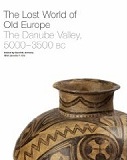I am interested in nearly all the domain of human knowledge. That makes a generalist rather than a specialist, which is also the nature of the philosopher always craving to understand better the world around us.
There is too much information out there to waste time reading uninteresting or badly written books. I have selected here the works which I think are the best at summarising the knowledge in their field while being well written enough to be comprehensible and enjoyable for lay people. I have intentionally left out books that were too heavy or too technical.
I have created separate threads for some categories of books:
Economics & Society
Utopia for Realists: And How We Can Get There, by Rutger Bregman

Good Economics for Hard Times: Better Answers to Our Biggest Problems, by Abhijit V. Banerjee & Esther Duflo
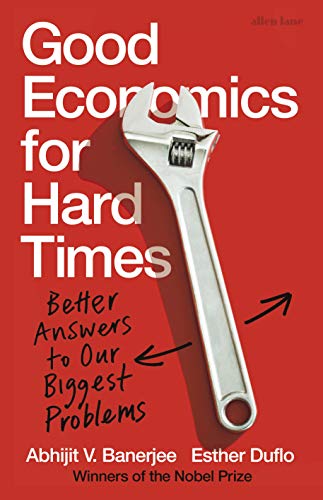
Ecology
Ecological Intelligence: Knowing the Hidden Impacts of What We Buy , by Daniel Goleman

Popular Science
Good Germs, Bad Germs: Health and Survival in A Bacterial World, by Jessica Snyder Sachs deals with the human microbiome and the dangers of antibiotics. It's the best place to start reading for anyone interested in the symbiosis between humans and bacteria.

Quiet: The Power of Introverts in a World That Can't Stop Talking, by Susan Cain is one of the most uplifting psychology books I have read. Any quiet-loving introvert like me should read this book. Modern society often feels like a place designed for extroverts, but it doesn't have to be so.
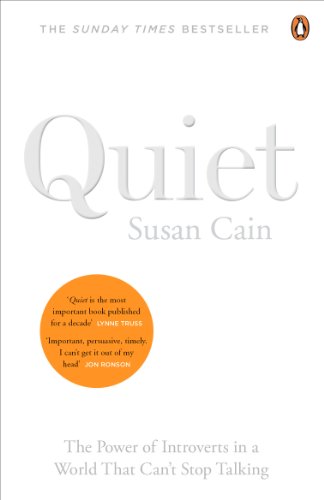
Stuff Matters: The Strange Stories of the Marvellous Materials that Shape Our Man-made World, by Mark Miodownik, takes a look at some of the most useful materials in the recent history of mankind. Chapters cover metals, paper, concrete, chocolate, foam (e.g. aerogel), plastic, glass, graphite, and porcelain.

Another noteworthy science writer is Sam Kean. I have read his three books, which were all very well written and highly entertaining.
The Disappearing Spoon...and other true tales from the Periodic Table
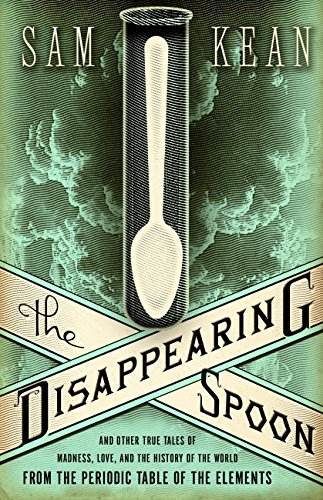
The Tale of the Duelling Neurosurgeons: The History of the Human Brain as Revealed by True Stories of Trauma, Madness, and Recovery
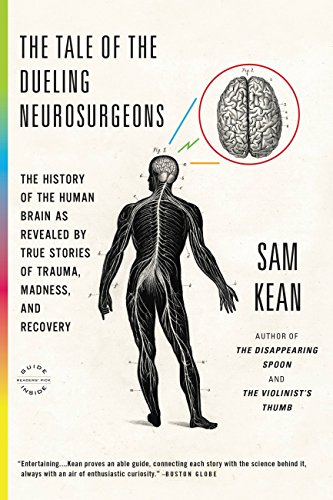
The Violinist's Thumb: And other extraordinary true stories as written by our DNA
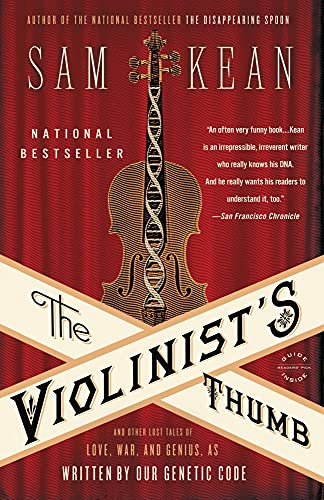
Psychology
The Human Mind: And How to Make the Most of It, by Robert Winston. A good introduction to how the brain works.
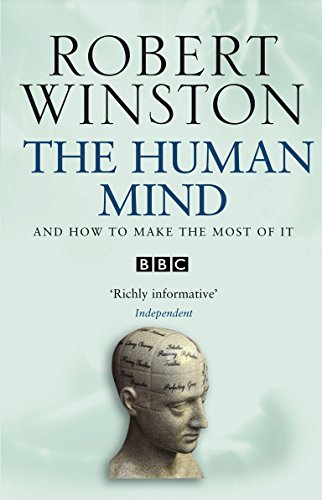
Why Men Don't Listen and Women Can't Read Maps, by Allan & Barbara Pease. An essential guide to the differences between how men and women think feel and behave. I would find it challenging to be in a relationship without knowing these things.

A New Earth: Create a Better Life, by Eckhart Tolle explains how the ego causes most of our suffering and how we can be happier by learning to recognise the ego and distancing ourselves from it. The author only has a very average grasp of history, linguistics and science, so there are factual mistakes, but that does not affect much the purpose of the book.

Why Zebras Don't Get Ulcers, by Robert M. Sapolsky

I have also read most of Malcolm Gladwell's books. Not as compelling as Matt Ridley's books, but still well worth reading if you have time.
Outliers: The Story of Success

Blink: The Power of Thinking Without Thinking

David and Goliath: Underdogs, Misfits and the Art of Battling Giants

History of Philosophy
Sophie's World, by Jostein Gaarder. An easy-to-read summary of how the great philosophers answer existential questions such as "Who am I?" or "Where does the world come from?". The book has sold over 20 million copies.

Travel
Here are something travelogues, which I enjoy for their writing style and the writer's personal insight into the hidden facets of the countries visited.
I am a big fan of Bill Bryson. I have read almost all his books now. Here are my three favourite ones (besides A Short History of Everything), respectively about the USA, England and Australia :
The Lost Continent: Travels in Small Town America, by Bill Bryson
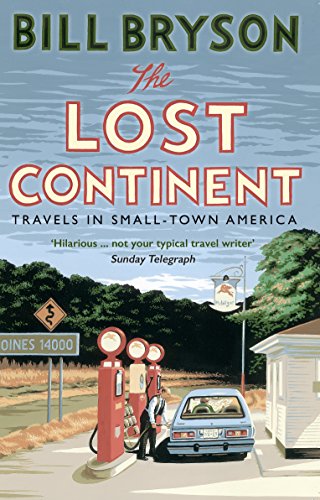
Notes from a Small Island, by Bill Bryson
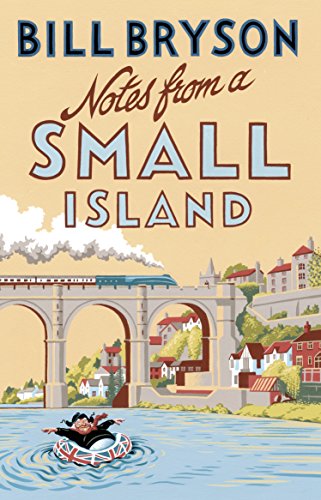
Down Under, by Bill Bryson

Jan Morris is also a favourite travel writer :
A Writer's World: Travels 1950-2000, by Jan Morris

The Roads to Sata: A 2000-mile Walk Through Japan, by Alan Booth

Looking for the Lost: Journeys Through a Vanishing Japan, by Alan Booth
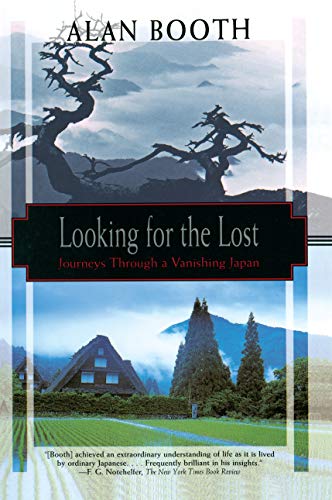
Lost Japan, by Alex Kerr

There is too much information out there to waste time reading uninteresting or badly written books. I have selected here the works which I think are the best at summarising the knowledge in their field while being well written enough to be comprehensible and enjoyable for lay people. I have intentionally left out books that were too heavy or too technical.
I have created separate threads for some categories of books:
- 12 books about the world's past, present and future that you should read
- 8 recommended books about genetics & evolution
- Best books about Ancient Rome
- 25 recommended history books
Economics & Society
Utopia for Realists: And How We Can Get There, by Rutger Bregman

Good Economics for Hard Times: Better Answers to Our Biggest Problems, by Abhijit V. Banerjee & Esther Duflo

Ecology
Ecological Intelligence: Knowing the Hidden Impacts of What We Buy , by Daniel Goleman

Popular Science
Good Germs, Bad Germs: Health and Survival in A Bacterial World, by Jessica Snyder Sachs deals with the human microbiome and the dangers of antibiotics. It's the best place to start reading for anyone interested in the symbiosis between humans and bacteria.

Quiet: The Power of Introverts in a World That Can't Stop Talking, by Susan Cain is one of the most uplifting psychology books I have read. Any quiet-loving introvert like me should read this book. Modern society often feels like a place designed for extroverts, but it doesn't have to be so.

Stuff Matters: The Strange Stories of the Marvellous Materials that Shape Our Man-made World, by Mark Miodownik, takes a look at some of the most useful materials in the recent history of mankind. Chapters cover metals, paper, concrete, chocolate, foam (e.g. aerogel), plastic, glass, graphite, and porcelain.

Another noteworthy science writer is Sam Kean. I have read his three books, which were all very well written and highly entertaining.
The Disappearing Spoon...and other true tales from the Periodic Table

The Tale of the Duelling Neurosurgeons: The History of the Human Brain as Revealed by True Stories of Trauma, Madness, and Recovery

The Violinist's Thumb: And other extraordinary true stories as written by our DNA

Psychology
The Human Mind: And How to Make the Most of It, by Robert Winston. A good introduction to how the brain works.

Why Men Don't Listen and Women Can't Read Maps, by Allan & Barbara Pease. An essential guide to the differences between how men and women think feel and behave. I would find it challenging to be in a relationship without knowing these things.

A New Earth: Create a Better Life, by Eckhart Tolle explains how the ego causes most of our suffering and how we can be happier by learning to recognise the ego and distancing ourselves from it. The author only has a very average grasp of history, linguistics and science, so there are factual mistakes, but that does not affect much the purpose of the book.

Why Zebras Don't Get Ulcers, by Robert M. Sapolsky

I have also read most of Malcolm Gladwell's books. Not as compelling as Matt Ridley's books, but still well worth reading if you have time.
Outliers: The Story of Success

Blink: The Power of Thinking Without Thinking

David and Goliath: Underdogs, Misfits and the Art of Battling Giants

History of Philosophy
Sophie's World, by Jostein Gaarder. An easy-to-read summary of how the great philosophers answer existential questions such as "Who am I?" or "Where does the world come from?". The book has sold over 20 million copies.

Travel
Here are something travelogues, which I enjoy for their writing style and the writer's personal insight into the hidden facets of the countries visited.
I am a big fan of Bill Bryson. I have read almost all his books now. Here are my three favourite ones (besides A Short History of Everything), respectively about the USA, England and Australia :
The Lost Continent: Travels in Small Town America, by Bill Bryson

Notes from a Small Island, by Bill Bryson

Down Under, by Bill Bryson

Jan Morris is also a favourite travel writer :
A Writer's World: Travels 1950-2000, by Jan Morris

The Roads to Sata: A 2000-mile Walk Through Japan, by Alan Booth

Looking for the Lost: Journeys Through a Vanishing Japan, by Alan Booth

Lost Japan, by Alex Kerr

Last edited:



